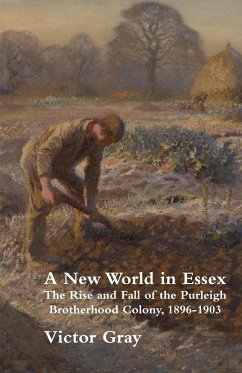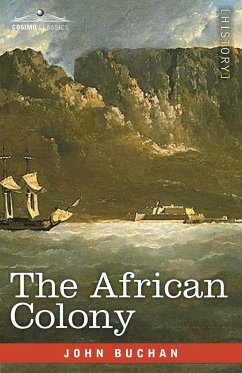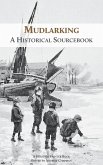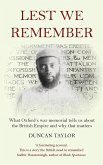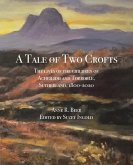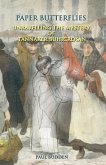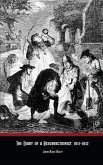The 1890s was a decade of deep and widespread progressive thinking about how the ills of late-Victorian society might be amended. One group of Christian Socialists, known as the Brotherhood Church, fired by the writings of Leo Tolstoy, set out to build a collective and co-operative alternative to the harsh realities of life in the rapidly expanding town of Croydon. Among many initiatives, their mission led them to seek out a place where, as a colony, they could live out their beliefs, going 'back to the land', seeking self-sufficiency and equality of labour and reward. Their search for land led them to Purleigh in Essex, deeply rural and in the midst of a depression. Despite the commitment, enthusiasm and sheer hard work poured into it, the colony lasted barely three years, though it went on to have an influence on many progressive thinkers and experiments in the following decades. This detailed study opens by looking at the background of 'progressivism' during the late-Victorian period and the initial ambitions of the founding fathers of the Brotherhood Church concept. It then explores the initiatives and enterprises set in place in Croydon and the aspirations underlying the search for a colony. In Purleigh, it examines the challenges for survival which the colonists met along the way, the issues which divided them and the complex personalities who built and ultimately led to the downfall of the colony During the life of both the Croydon and Purleigh phases, the leading figures in the colony had met and were in regular contact with Tolstoy, whose ambivalent attitudes to the experiment and confusing commitments to the participants merely added to the problems. Through Tolstoy the Purleigh colony became involved in the fate of the persecuted Russian sect, the Doukhobors, while the involvement of the leading protagonist, John Coleman Kenworthy, with British anarchists kept the colonists under the watchful eye of both the British and Russian secret services. Finally, the book considers the after-effects of the colony, both on the later lives of the colonists themselves and on other idealistic experiments and campaigns which followed. It concludes that, despite its relatively short life, the example provided by the Purleigh Brotherhood Colony and the lessons learned from its failure radiated far and wide among those bent on finding a better way of living, both for individuals and for society at large.
Hinweis: Dieser Artikel kann nur an eine deutsche Lieferadresse ausgeliefert werden.
Hinweis: Dieser Artikel kann nur an eine deutsche Lieferadresse ausgeliefert werden.

